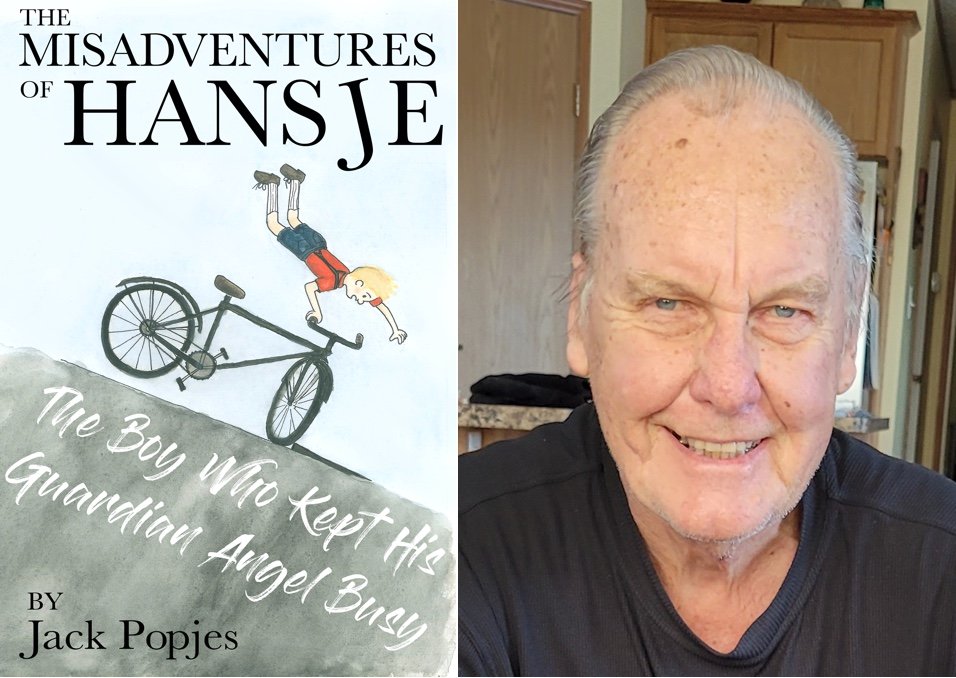Inside scoop on writing for magazines
by MARCELLA SIMMONS
(Logansport LA USA)
Inside scoop on writing for magazines
I once read that "Professional writers sell before they write: amateur writers write before they sell". These were the words of Linda Konner, editor of Woman's World Magazine (1991), and author of the book, How to Be Successfully Published in Magazines.
It does make a lot of sense to research the magazine first and write to fit their needs. But how many of us do that? We have "the perfect story" that every editor will be standing in line to read. NOT! I've earned enough rejections in my thirty-plus years of writing because I knew nothing about the magazine or what the editor wanted in the first place. "The perfect piece" still sits unpublished in my filing cabinet, long forgotten and turning yellow with age. A waste of my time and postage, not to mention a waste of good writing.
If you're seriously wanting to write for magazines and get paid for your hard work, do your homework first. Having access to the internet is a plus – a large majority of the publications on the market today have websites and their writer's guidelines are accessible from the site. All you have to do is look in the right place – over a thousand can be found at www.firstwriter.com/magazines. If you don't have access to a computer or the internet, your local public library usually has one or two you can use an hour or so a day for free. You can print the guidelines for a few cents and have a hard copy on hand once you leave the site.
A query letter to an editor is all that is needed in most cases unless the writer's guidelines stipulates otherwise – some editors request to see a full manuscript along with your query – you'll just have to follow the guidelines to be sure. Normally, an editor will respond to a query within two to four weeks whereas manuscripts usually gets tossed to the slush pile and may not receive a response for three or four months. Editors are busy people – writers have the misconception that editors sit behind a desk all day reading – that's so far from the truth.
The other half depends on you – the writer. What you say in your query and your story will definitely determine whether it gets published or not. Once an editor gives you the go ahead to write your piece, there's no time like now. Deadlines approach quickly and you want to be sure that you have your story written in time for editing and rewrites, if necessary. Every good story or article needs simmering time – let it set a few
days and read over it again. Rewrite it if necessary, and edit it thoroughly. When you are absolutely sure it is ready to go out in the mail, then drop it in the mail in plenty of time to meet the deadline.
Join in and write your own page! It's easy to do. How? Simply click here to return to Writing Tips.

This is Jack Popjes and one of his published books. He and I worked on multiple projects. He's met many goals.
Meet your writing goals in 2023.
Free Newsletter
Sign up below for
Editor's Notes
Inspiration and Writing Tips
and receive tips
to maximize
your use of MS Word.
Click for more information
and archived copies...
Or sign up using the form below
to start your subscription right away.



